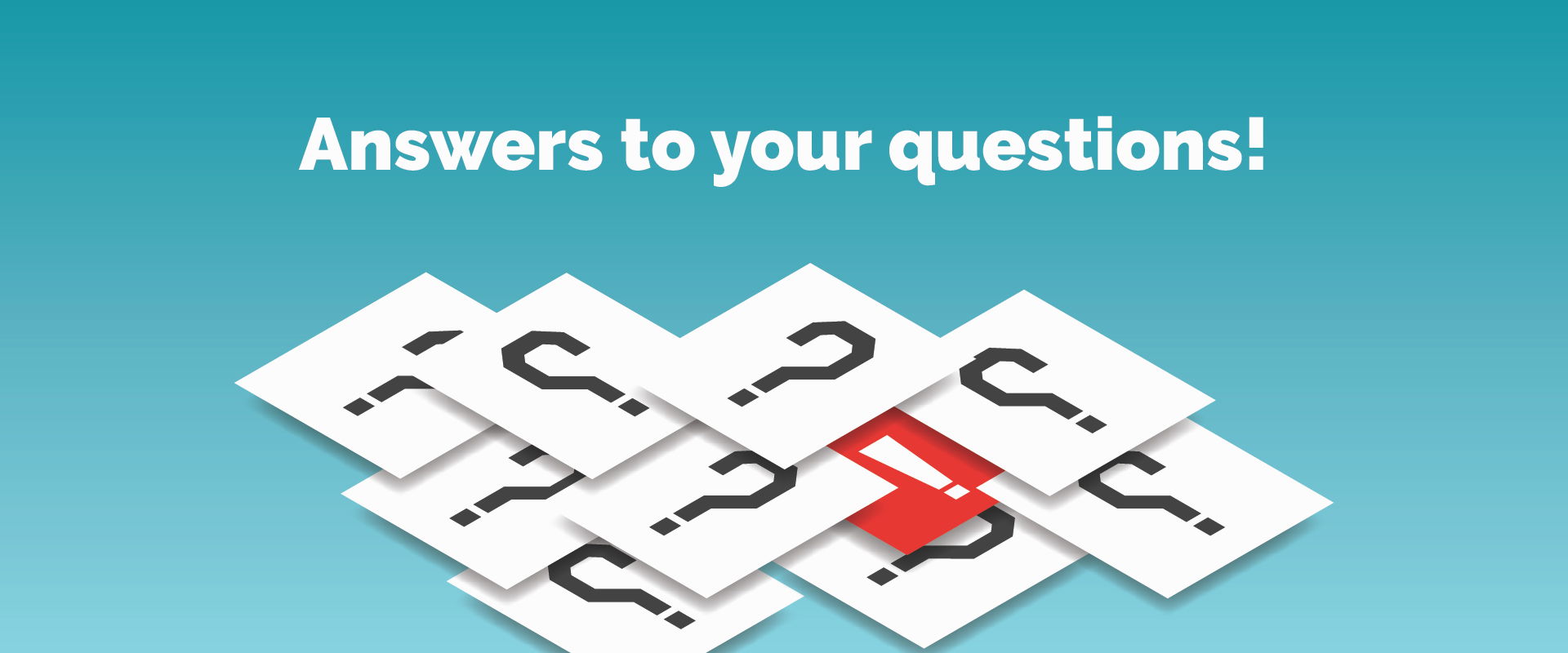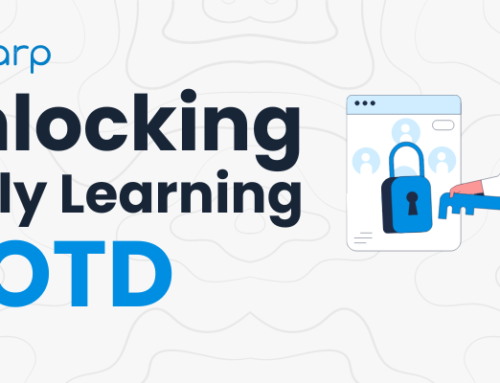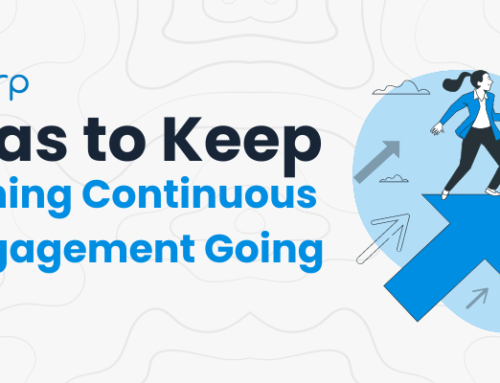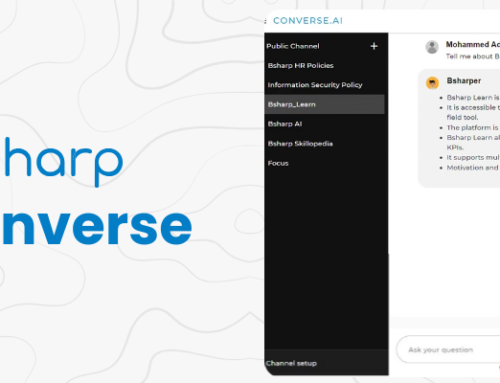Questions. Questions. Questions.
An easy way to arrive at the answer.
How much have they learnt? What do we need to teach them? Do they know what we do and what we sell?
Are just a few of the question that sales or learning and development managers worry about.
Sales people are also pondering on questions such as how do I sell? The product I am selling, how is it any different from my competition? Am I supposed to pitch this feature over the other?
It seems easy, doesn’t it? But often, these questions remain hidden. Either the manager has no means to get to the answers or the sales person seems to think it doesn’t matter. And sometimes, these questions get lost in daily transactions.
Now, these questions could be categorized into 2 broad buckets. First, the questions related to learning and assessments and the second, questions related to everyday reporting. Let us now understand them a little more.
Category type 1: Everyday reporting.
A lot of such questions remain unanswered. Now, unanswered could mean two things. One, the questions were asked but not answered and two, the questions were answered but were lost in transit.
These are everyday questions with respect to sales data, field sales person attendance, retail merchandising and other such scenarios. Generally, these are asked through a variety of channels leaving the questioner scuttling to probe the respondents to answer and later collating the answers (heads up, you’re setting yourself up for data loss) and the respondents turning into octopuses because that is the only way they can manage all these channels through which their manager thinks they can respond.
Nope.
Category type 2: Learning and assessment.
These are questions that could directly affect the way your teams sell or the way you teach them how to sell.
Your sales team is only as good as the message you give them. And for the message to sink in, it ought to be given continuously. Continuous learning.
And continuous learning must involve assessments. And assessments should be frequent. To test whether your message to the team is relevant. To test whether your team is learning.
Your team also learns from the question they ask you and the answers you give them. Questions they ask through the day. How to do this? How to sell that? Questions about the product.
So, we’ve uncovered the source of the questions, now what does it take to,
Ask questions to get daily field data,
Ask questions to assess your teams, and
Respond to frequently asked questions.
You need a platform that is flexible enough to let you ask questions that help you capture field data the way you want it. Make edits to suit your business imperative and redeploy the data-collection forms. No lengthy engineering cycles.
You need a platform that helps you deploy content in a structure that is measurable. And deploy quiz modules to assess the team continuously.
You need a platform that provides your team with a direct route to you to ask questions and to browse through FAQ repository for everyday solutions.
You need a platform that brings it all together.
Bsharp’s flexible platform lets you deploy content and tag them to act as answers to FAQs. Its discussions platform helps you solve your team’s queries quickly. With the Bsharp platform, you can deploy various types of quiz and also deploy flexible forms to capture field data in real time.





